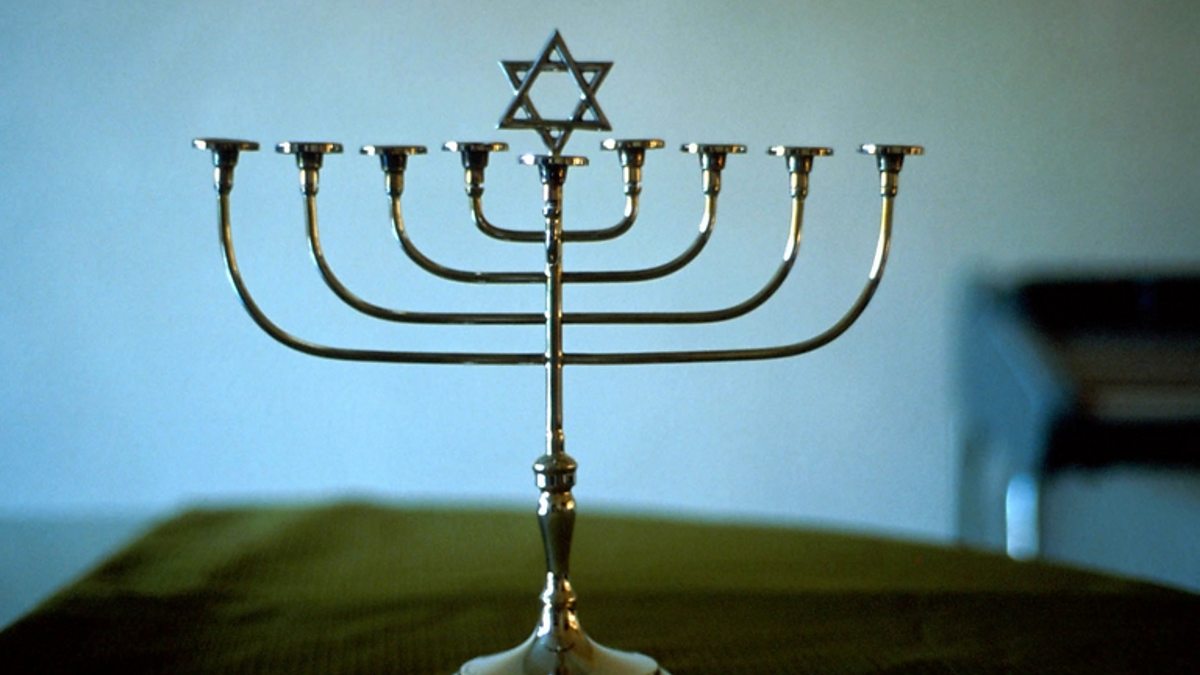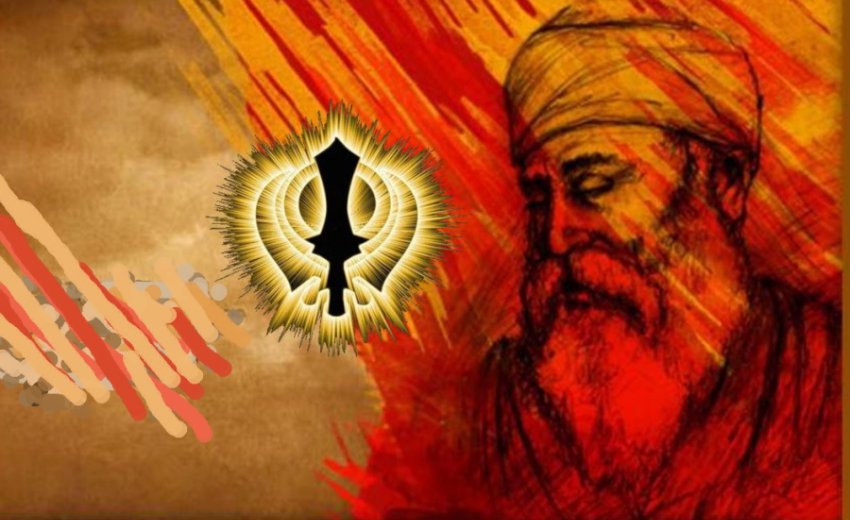Religious Public Holidays
RELIGIOUS HOLIDAYS
Christianity:
Christmas: December 25th. Celebrates the birth of Jesus Christ.
Easter: Varies from year to year, usually in March or April. Celebrates the resurrection of Jesus Christ.
Good Friday: The Friday before Easter Sunday. Commemorates the crucifixion of Jesus Christ.
Islam:
Eid al-Fitr: Varies from year to year, depending on the Islamic lunar calendar. Celebrates the end of Ramadan, the month of fasting.
Eid al-Adha: Varies from year to year, depending on the Islamic lunar calendar. Commemorates the willingness of Abraham to sacrifice his son Ishmael.
Mawlid al-Nabi: Varies from year to year, depending on the Islamic lunar calendar. Celebrates the birthday of the Prophet Muhammad.
Judaism:
Passover: Varies from year to year, usually in March or April. Commemorates the Exodus of the Israelites from Egypt.
Hanukkah: Varies from year to year, usually in December. Celebrates the victory of the Maccabees over the Greeks and the rededication of the Temple in Jerusalem.
Yom Kippur: Varies from year to year, usually in September or October. The Day of Atonement, a day of fasting and repentance.
Hinduism:
Diwali: Varies from year to year, usually in October or November. The Festival of Lights, celebrates the triumph of light over darkness and good over evil.
Holi: Varies from year to year, usually in February or March. The Festival of Colors, celebrates the arrival of spring and the victory of good over evil.
Navratri: Varies from year to year, usually in September or October. Nine-day festival celebrating the triumph of good over evil.
Buddhism:
Vesak/Buddha Day: Varies from year to year, usually in May. Celebrates the birth, enlightenment, and death of the Buddha.
Asalha Puja Day: Varies from year to year, usually in July. Celebrates the Buddha's first sermon.
Magha Puja Day: Varies from year to year, usually in February or March. Commemorates a gathering of 1,250 of the Buddha's disciples to hear a sermon.
Sikhism:
Vaisakhi/Baisakhi: April 13th or 14th. Commemorates the formation of the Khalsa (the Sikh brotherhood) by Guru Gobind Singh.
Shinto:
Shinto New Year: January 1st. Celebrates the beginning of the New Year.
Shichi-Go-San: November 15th. A celebration for children who have reached the ages of 3, 5, and 7.
Taoism:
Dragon Boat Festival: Varies from year to year, usually in June. Celebrates the life and death of Qu Yuan, a famous Chinese poet.
Jainism:
Mahavir Jayanti: Varies from year to year, usually in April. Celebrates the birth of Lord Mahavir, the 24th and last Tirthankara (enlightened being) of Jainism.
Paryushana: Varies from year to year, usually in August or September. A time for reflection and self-purification.
Zoroastrianism:
Nowruz: March 21st or 22nd. The Persian New Year, celebrating the arrival of spring.
Yasna: Varies from year to year. A time for spiritual purification and renewal.
These are just a few examples of the many religious holidays celebrated around the world. Each religion has its own unique set of holidays and observances that are important to its followers.







Comments
Post a Comment